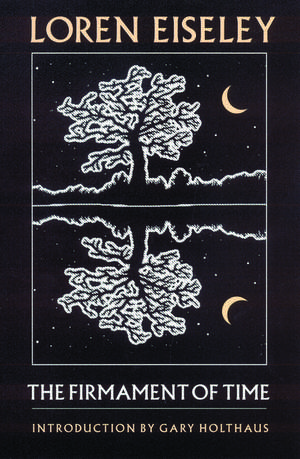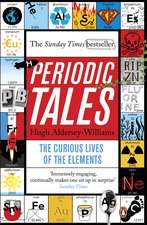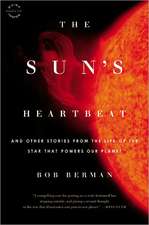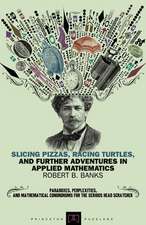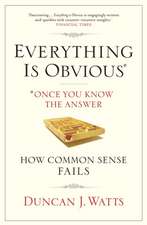The Firmament of Time
Autor Loren Eiseley Introducere de Gary Holthausen Limba Engleză Paperback – mai 1999
Loren Eiseley examines what we as a species have become in the late twentieth century. His illuminating and accessible discussion is a characteristically skillful and compelling synthesis of hard scientific theory, factual evidence, personal anecdotes, haunting reflection, and poetic prose.
Preț: 100.20 lei
Nou
Puncte Express: 150
Preț estimativ în valută:
19.18€ • 20.84$ • 16.12£
19.18€ • 20.84$ • 16.12£
Carte disponibilă
Livrare economică 31 martie-14 aprilie
Preluare comenzi: 021 569.72.76
Specificații
ISBN-13: 9780803267398
ISBN-10: 0803267398
Pagini: 183
Dimensiuni: 140 x 216 x 14 mm
Greutate: 0.23 kg
Editura: BISON BOOKS
Colecția Bison Books
Locul publicării:United States
ISBN-10: 0803267398
Pagini: 183
Dimensiuni: 140 x 216 x 14 mm
Greutate: 0.23 kg
Editura: BISON BOOKS
Colecția Bison Books
Locul publicării:United States
Notă biografică
Loren Eiseley (1907–1977), naturalist, essayist, philosopher, and poet, won the John Burroughs Medal for best publication in the field of nature writing in 1961 for The Firmament of Time.
Introducer Gary Holthaus, a freelance poet and writer, is the author of Wide Skies: Finding a Home in the West.
Recenzii
"Dr. Eiseley describes with zest and admiration the giant steps that have led man, in a scant three hundred years, to grasp the nature of his extraordinary past and to substitute a natural world for a world of divine creation and intervention. . . . An irresistible inducement to partake of the almost forgotten excitements of reflection."—New Yorker
"[This book] has a warm feeling for all natural phenomena; it has a rapport with man and his world and his problems; it has appraisal, and even blame and condemnation; but, above all, it has hope and belief. And it has the beauty of prose that characterizes Eiseley’s philosophical moods."—Chicago Sunday Tribune
"There can be no question that Loren Eiseley maintains a place of eminence among nature writers. His extended explorations of human life and mind, set against the backdrop of our own and other universes are like those to be found in every book of nature writing currently available. . . . We now routinely expect our nature writers to leap across the chasm between science, natural history, and poetry with grace and ease. Eiseley made the leap at a time when science was science, and literature was, well, literature. . . . His writing delivered science to nonscientists in the lyrical language of earthly metaphor, irony, simile, and narrative, all paced like a good mystery."—Bloomsbury Review
